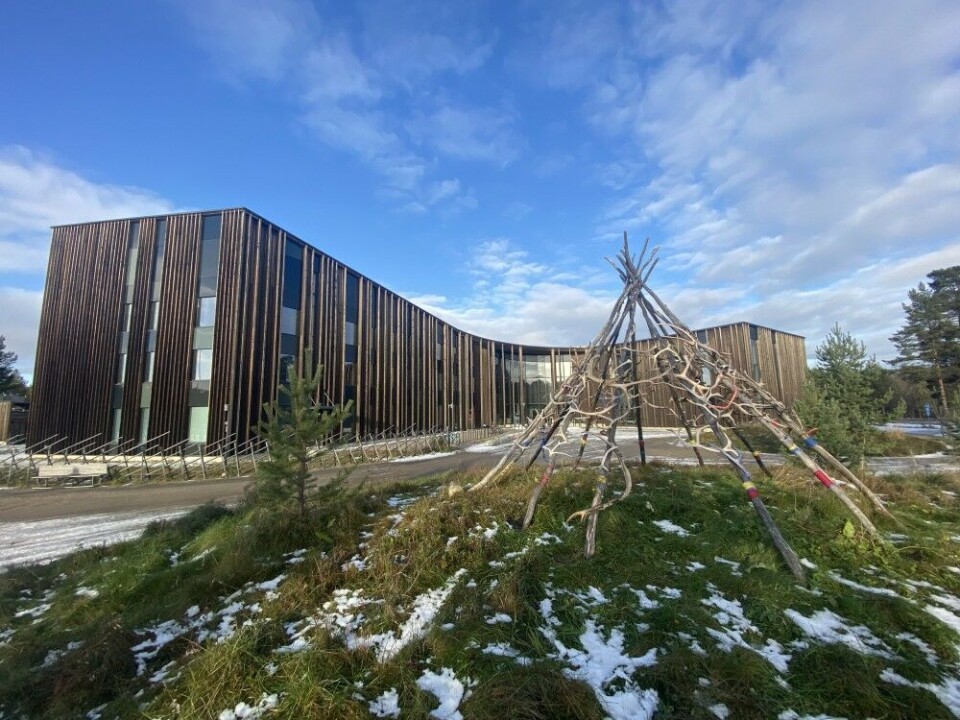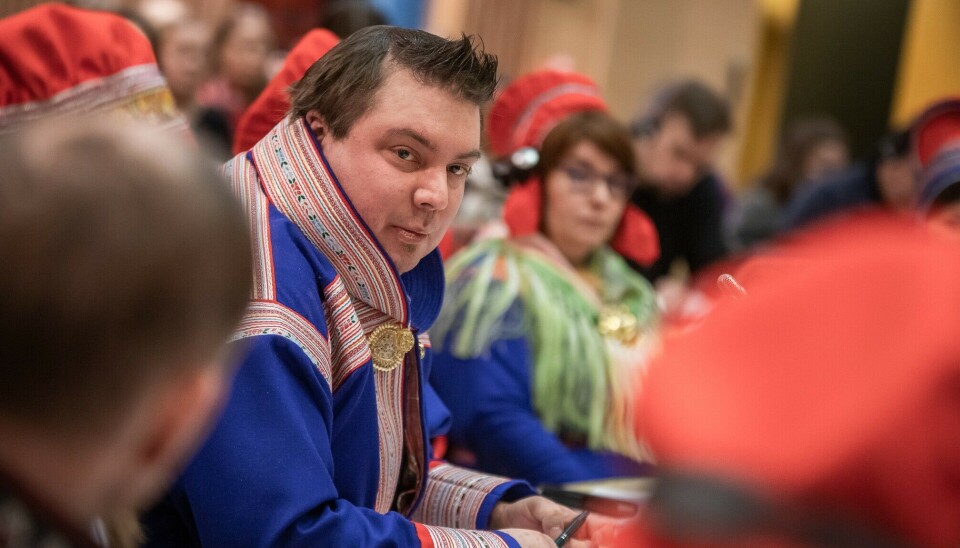
Sámi Parliament presses Finland to extend Truth and Reconciliation support services
The Sámi Parliament in Finland is urging the government to keep the Sámi psychosocial support unit Uvjj – Uvjâ – Uvja running beyond 2025 as the Truth and Reconciliation Commission winds down.
Uvjj – Uvjâ – Uvja was created to give Sámi people affected by the Truth and Reconciliation Commission a place to turn for support, with the understanding that it would run only while the commission carried out its work.
The unit offers mental health care in three of Finland’s Sámi languages and weaves Sámi culture and traditions into its approach.
Tied to commission’s mandate
Uvjj – Uvjâ – Uvja is funded under an agreement between the Prime Minister’s Office and the Lapland Welfare Region that will expire when the commission ends.
The Sámi Parliament warned that closing the service would leave Sámi people once again dependent on limited mainstream options.
“The year 2026 is particularly critical, as the publication of the Truth and Reconciliation Commission report also requires work from the Sámi community to unpack and process the potentially very painful experiences that will emerge,” the parliament said in a statement on August 21.
Call for budget support
The parliament is asking the government to extend the unit through 2026 and secure money for it in the autumn 2025 budget talks.
It also wants legislation in place by 2027 to make the service permanent and ensure stable funding.
“We ask the Finnish government to take responsibility for the mental well-being of the Sámi people and to ensure the necessary additional funding so operations can continue uninterrupted,” the parliament’s acting President Tuomas Aslak Juuso said.

Push for permanent status
The Truth and Reconciliation Commission, the UN Special Rapporteur on transitional justice Fabian Salvioli, and the Advisory Committee to the Framework Convention for the Protection of National Minorities, have all recommended making the unit permanent, the parliament noted.
Sámi Parliament Secretary of Social Affairs and Health Anni Koivisto said the unit works because Sámi people can actually use it and feel at home in it.
“There are many important elements in Uvja’s operations, such as linguistic, cultural and national accessibility, which are very important to the Sámi people and which it is important to maintain in the future,” she said.
“Therefore, it is necessary to find a solution for the unit’s permanent operations that secures its position and funding, but at the same time enables it to operate as a natural part of other social and health care.”
Examining relations
The Sami are an Arctic Indigenous people whose traditional homeland spans the Arctic regions of Norway, Sweden, Finland and the Kola Peninsula in Russia’s western Arctic, an area they refer to collectively as Sapmi.
There are an estimated 10,000 Sami living in Finland, with more than 60 per cent of those living outside of the Sami homeland area.
The Finnish government agreed to the formation of a Truth and Reconciliation Commission in 2019 and the process officially began at the end of October 2021.
The Truth and Reconciliation Commission was set up to investigate past and present discrimination against the Sámi, including state assimilation policies and rights violations. It also aims to examine the continuing impacts on Sámi communities, improve relations between Sámi and the Finnish state, and raise broader public awareness about Sámi history and rights.
The set up was partly modeled on the Canada’s Truth and Reconciliation Commission. Canadian commissioners Marie Wilson and Wilton Littlechild were among the advisors.
---------------------
This story is posted on the Barents Observer as part of Eye on the Arctic, a collaborative partnership between public and private circumpolar media organizations.














